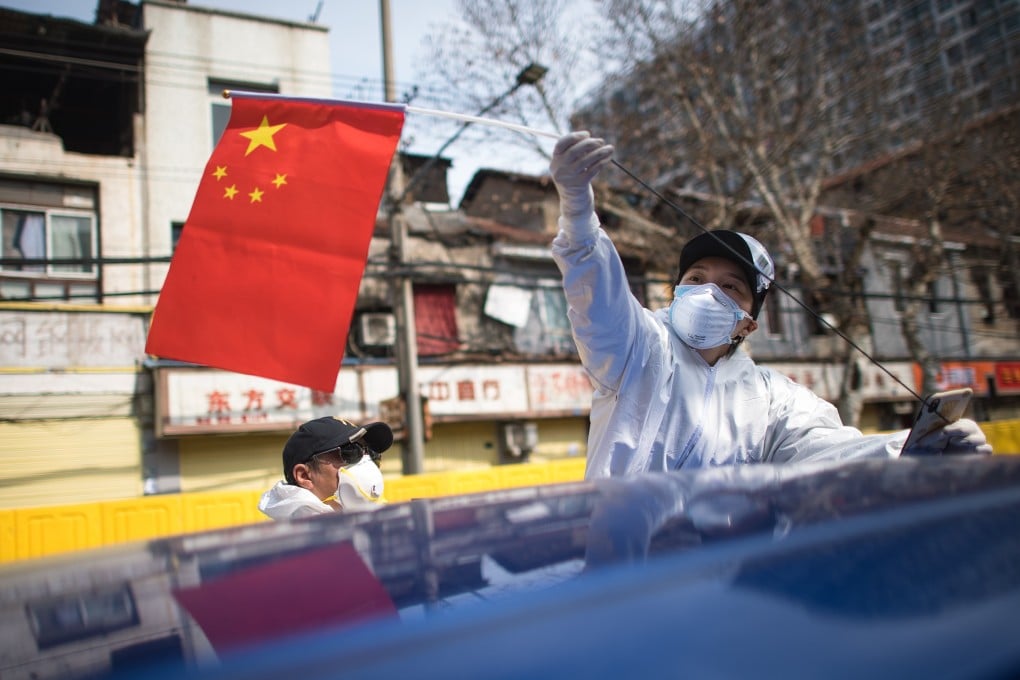Coronavirus: China keen to promote its success in controlling epidemic
- As outbreak has transitioned into a global problem, Beijing has sought to repair the damage to its reputation caused by its early missteps, observers say
- It has also offered to share its knowledge with supporters of its Belt and Road Initiative, like Chile, Italy and Iran

The virus, which causes the pneumonia-like disease known as Covid-19, was first identified in the central China city of Wuhan in December and has since spread worldwide. The epidemic has forced Beijing into the international spotlight as it deals with one of its biggest health crises in decades, which has triggered resentment both at home and abroad.
Iran and Italy have become major centres of infection in the past week, while China has seen something of a plateau, though it still accounts for about 85 per cent of the 95,000 cases reported around the world.
Rachel Vandenbrink, a programme officer for China at the United States Institute of Peace in Washington, said the outbreak had dealt a blow to China’s economy, the image of its leadership, and its international reputation and standing.
“In the earlier stages of the outbreak, Beijing’s focus in terms of diplomatic messaging was to mitigate the blow to its international reputation,” she said. “Chinese foreign ministry officials criticised some governments for evacuating their citizens, imposing travel bans, and praised some who didn’t.”